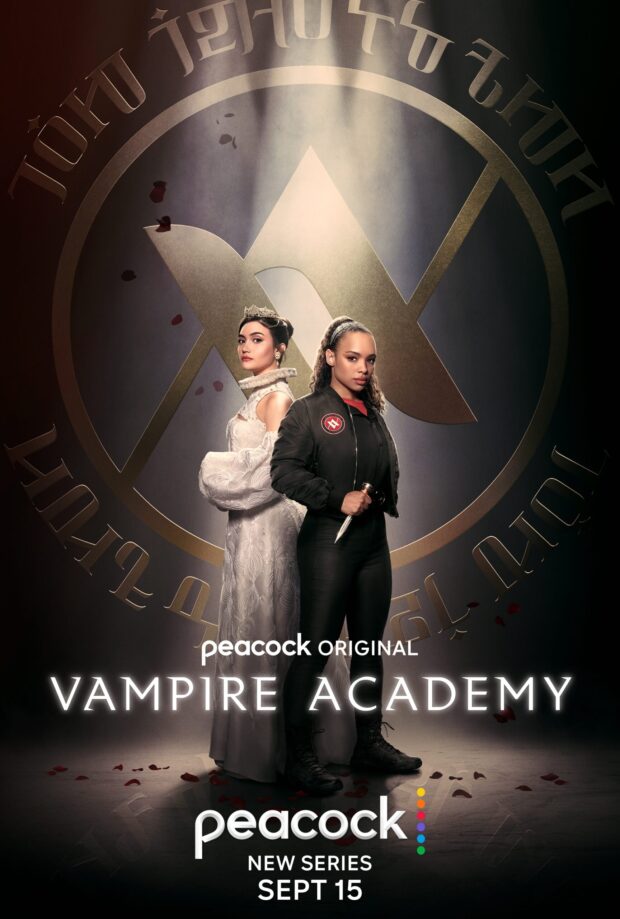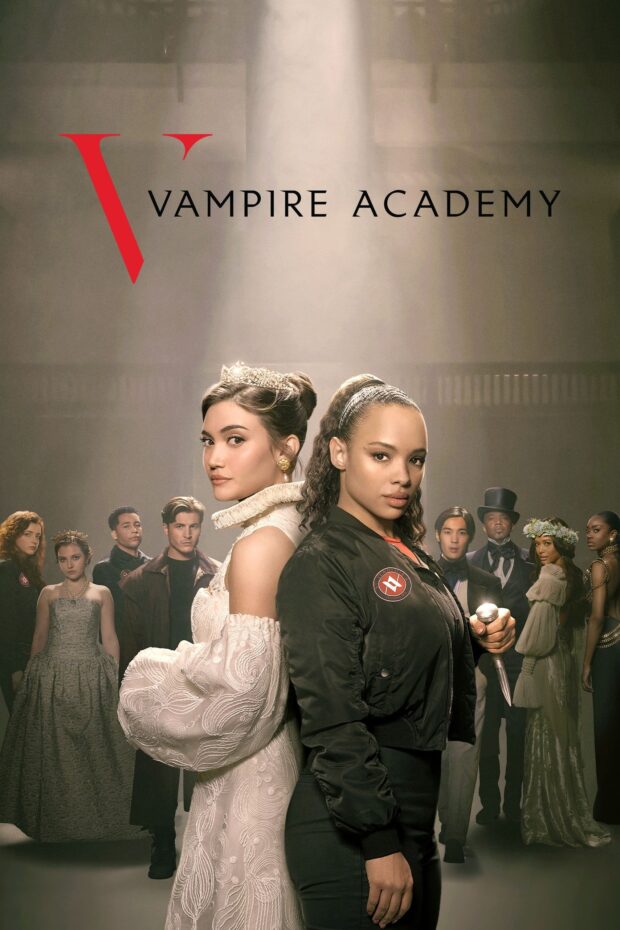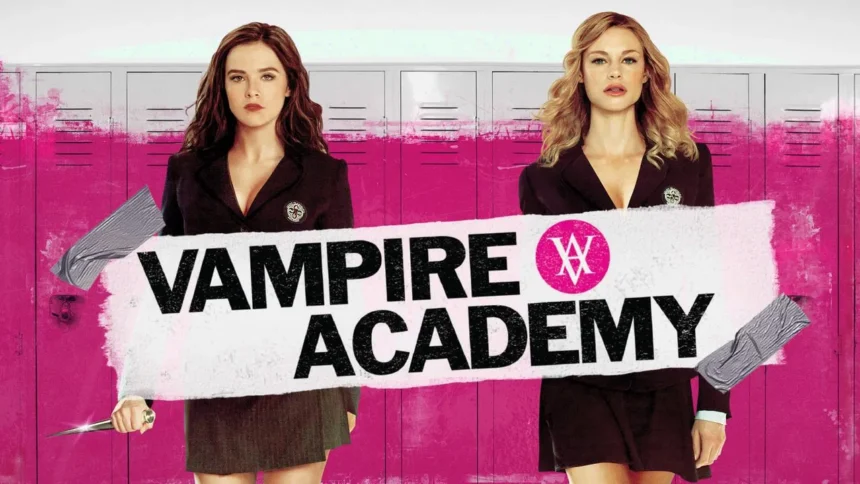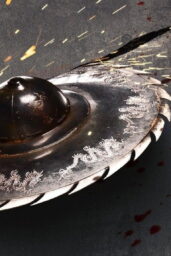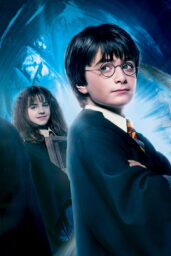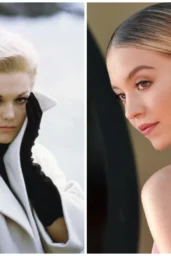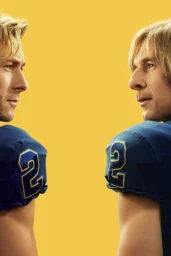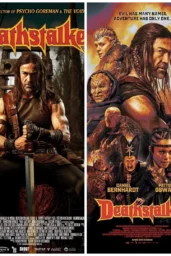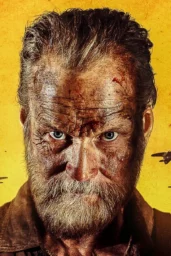Here's the thing about streaming services: they'll greenlight anything with fangs, then cancel it faster than you can say “supernatural romance.” Case in point—Vampire Academy, Julie Plec's ambitious follow-up to The Vampire Diaries that launched on Peacock in 2022 and vanished just as quickly.
If you bailed on The Vampire Diaries during those final whimpering seasons, I don't blame you. By the time Legacies got the axe in 2022's great CW purge, the franchise felt as drained as a victim in Mystic Falls. But Plec wasn't done with the vampire game. She had bigger plans—adapting Richelle Mead's Vampire Academy novels for a streaming audience hungry for supernatural content.
The result? A show that deserved better than its brief Peacock run.
What Made Vampire Academy Different
Vampire Academy wasn't just TVD with a prep school twist. Plec took Mead's source material—already adapted into that forgettable 2014 Zoey Deutch film—and crafted something closer to Bridgerton meets bloodsuckers. These weren't angsty high schoolers brooding in small-town diners. These were vampire aristocrats training for supernatural high society.
The premise centers on Lissa (Daniela Nieves) and Rose (Sisi Stringer), two teenage girls navigating an exclusive vampire academy hidden from human eyes. Lissa belongs to the Moroi—born vampires from royal bloodlines who wield elemental magic. Rose is a dhampir, half-vampire and half-human, destined to become Lissa's guardian. Think bodyguard meets best friend, with combat training and supernatural politics thrown in.
What separated this from typical CW fare was the world-building. Plec constructed a genuine mythology here—Moroi feed humanely and live in structured society, while the evil Strigoi represent pure predatory chaos. The stakes felt real because the threat was existential, not just romantic.
The visual language supported this elevated approach. Where TVD relied on moody shadows and small-town Gothic, Vampire Academy embraced opulent academy aesthetics—think Dead Poets Society if the students were learning combat magic instead of poetry. The production design suggested real money behind the concept, not just repurposed Atlanta locations.
Why It Worked (While It Lasted)
Vampire Academy succeeded where many supernatural shows stumble—it balanced teen drama with genuine fantasy elements. Rose's combat sequences felt visceral, not choreographed for TikTok clips. Lissa's royal obligations carried actual political weight within the vampire hierarchy.
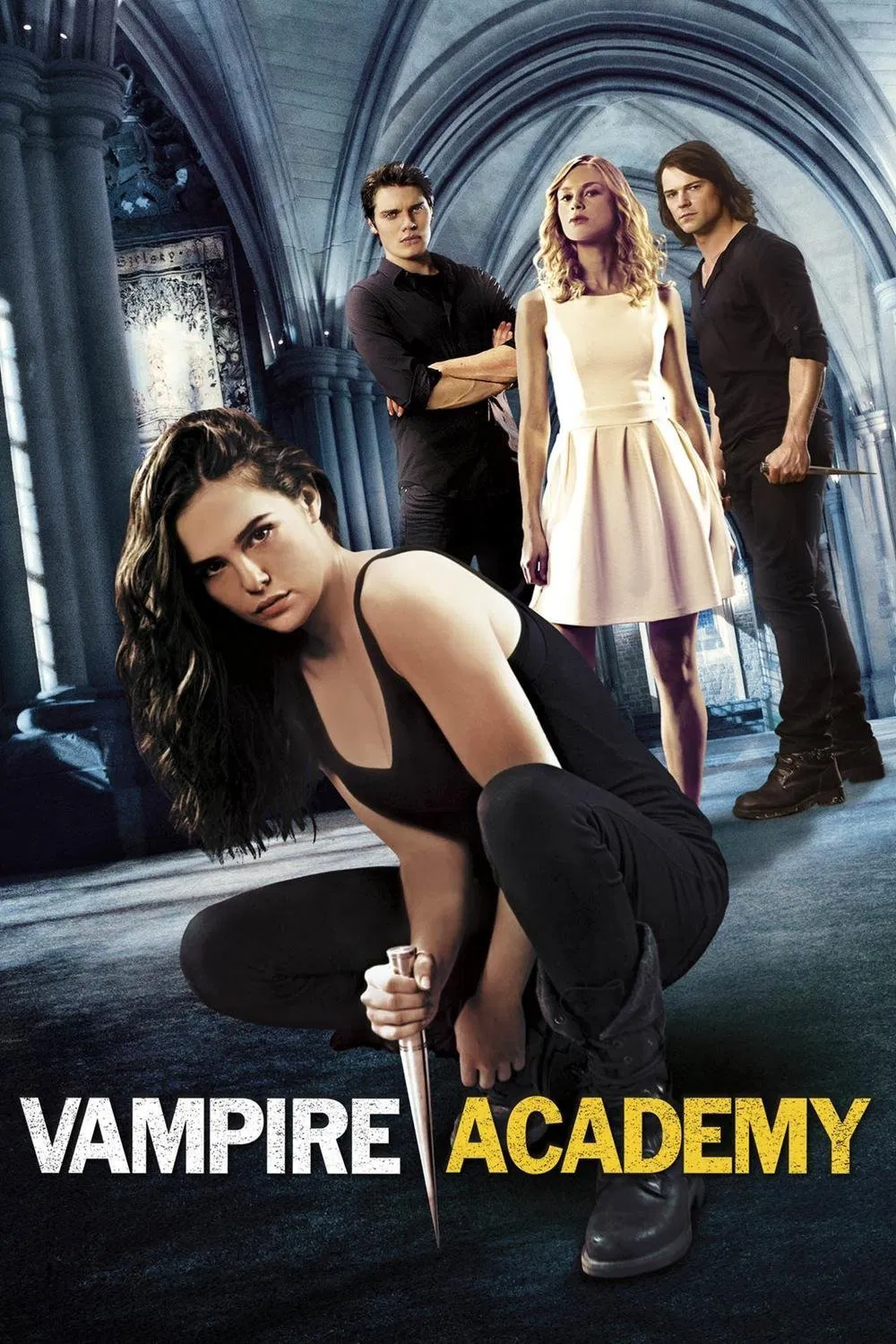
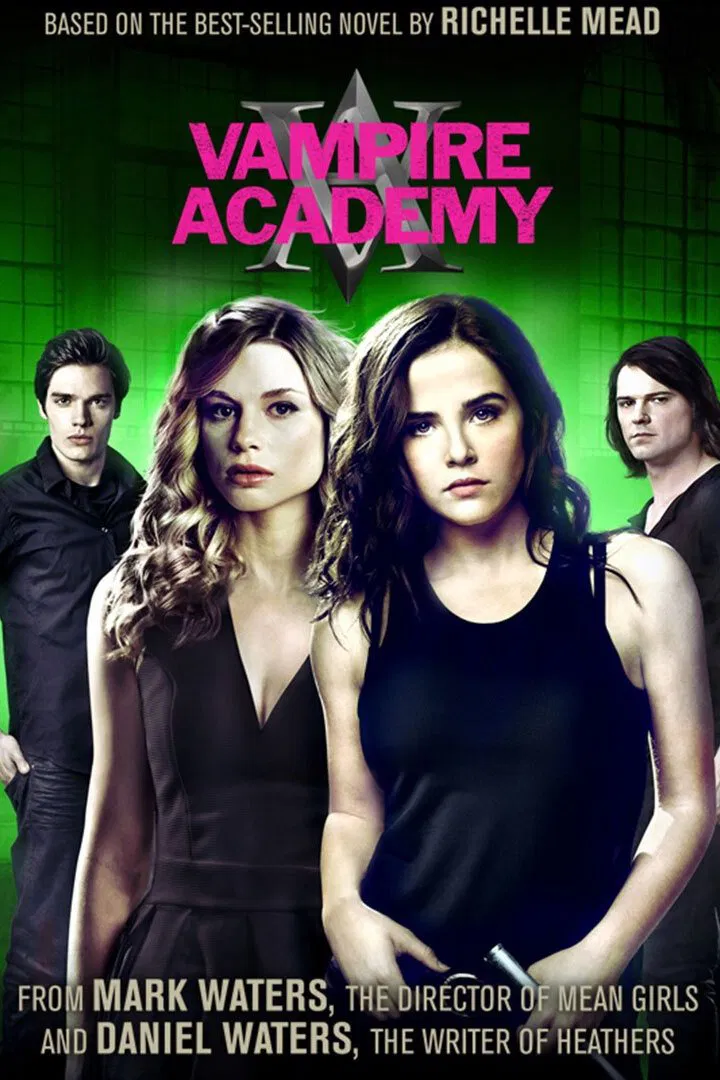
Daniela Nieves brought vulnerability to Lissa without falling into helpless victim territory. Sisi Stringer's Rose channeled warrior determination that felt earned, not just attitude for attitude's sake. Their friendship formed the emotional core, but it was friendship tested by duty, not just boy troubles.
The show also benefited from streaming's longer episode format. Where CW supernatural shows often felt rushed between commercial breaks, Vampire Academy could let scenes breathe. Character development felt organic rather than plot-mandated.
Most importantly, Plec learned from TVD‘s later-season mistakes. No endless mythology retcons. No characters returning from the dead every few episodes. The rules were established and respected, which gave the supernatural elements actual stakes.
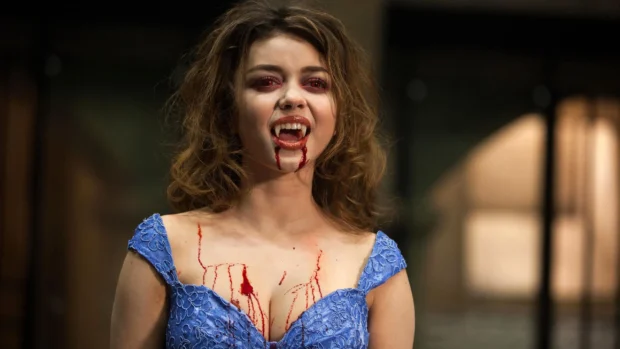
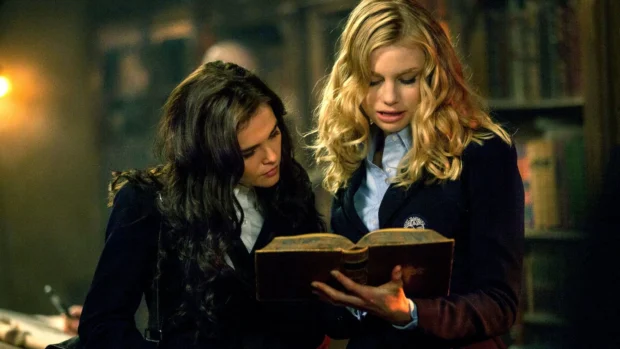
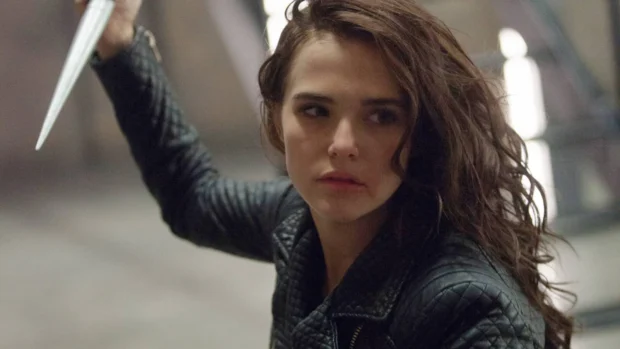
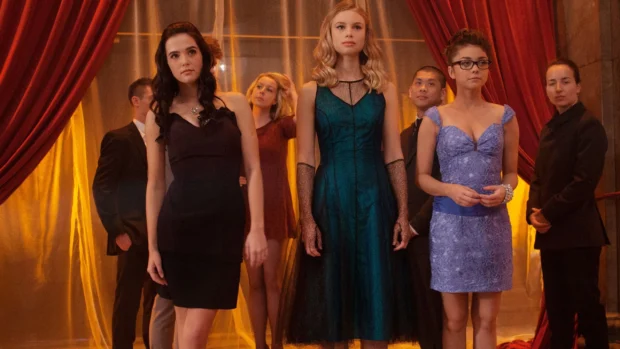
The Peacock Problem
But streaming giveth, and streaming taketh away. Peacock cancelled Vampire Academy after one season despite decent critical reception and a devoted fanbase. The decision felt particularly cruel given how the season ended—multiple cliffhangers that will never resolve, character arcs left dangling.
This represents a larger issue with streaming platforms treating genre content as disposable. Networks commission supernatural shows to chase the Stranger Things audience, then panic when they don't immediately achieve Netflix-level numbers. Vampire Academy needed time to find its audience, but Peacock's patience lasted exactly ten episodes.
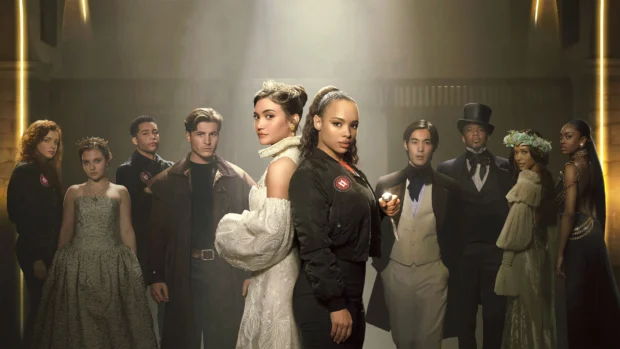
The cancellation stung because Mead's source material spans six novels plus spin-offs. The potential for long-form storytelling was massive—royal intrigue, guardian training, Strigoi threats escalating across multiple seasons. Instead, we got a tantalizing glimpse before the plug got pulled.
Efforts to shop the series to other networks apparently went nowhere. In today's content landscape, even Julie Plec's vampire pedigree couldn't save a show from corporate bean-counting.
What TVD Fans Missed
If you dismissed Vampire Academy as another CW-style teen soap, you missed something genuinely promising. This was Plec returning to supernatural storytelling with lessons learned and budget to match her ambitions.
The show offered everything frustrated TVD fans wanted in those final seasons—coherent mythology, characters making smart decisions, relationships that felt authentic rather than manufactured for drama. It was supernatural television for adults who still enjoyed the genre's possibilities.
More than that, Vampire Academy represented what happens when creators get to build fantasy worlds without network interference. The result felt genuinely cinematic in ways that broadcast supernatural shows rarely achieve.
What Makes Vampire Academy Worth Your Time
Rich World-Building Beyond High School Angst
Plec created genuine vampire aristocracy with political intrigue that extended far beyond teen romance drama.
Combat That Felt Real
Rose's guardian training sequences delivered visceral action choreography that most supernatural shows fumble completely.
Mythology That Made Sense
Clear rules between Moroi, dhampir, and Strigoi created actual stakes instead of endless supernatural retcons.
Production Values That Matched Ambition
Academy settings and costume design suggested real investment, not repurposed network television budgets.
Characters Making Smart Choices
Lissa and Rose's friendship felt authentic because their decisions were driven by character, not plot convenience.
The first season remains available on Peacock for those willing to experience what might have been. Fair warning—you'll finish wanting more, and more isn't coming. But sometimes one great season beats five mediocre ones.
Would Vampire Academy have found its Bridgerton-sized audience given time? We'll never know. Peacock decided ten episodes was enough to judge a show with multi-season potential.
Their loss. Our missed opportunity.
What supernatural shows are you currently watching to fill the vampire-shaped hole in streaming? Drop your recommendations below—preferably ones that won't get cancelled before finding their footing.
